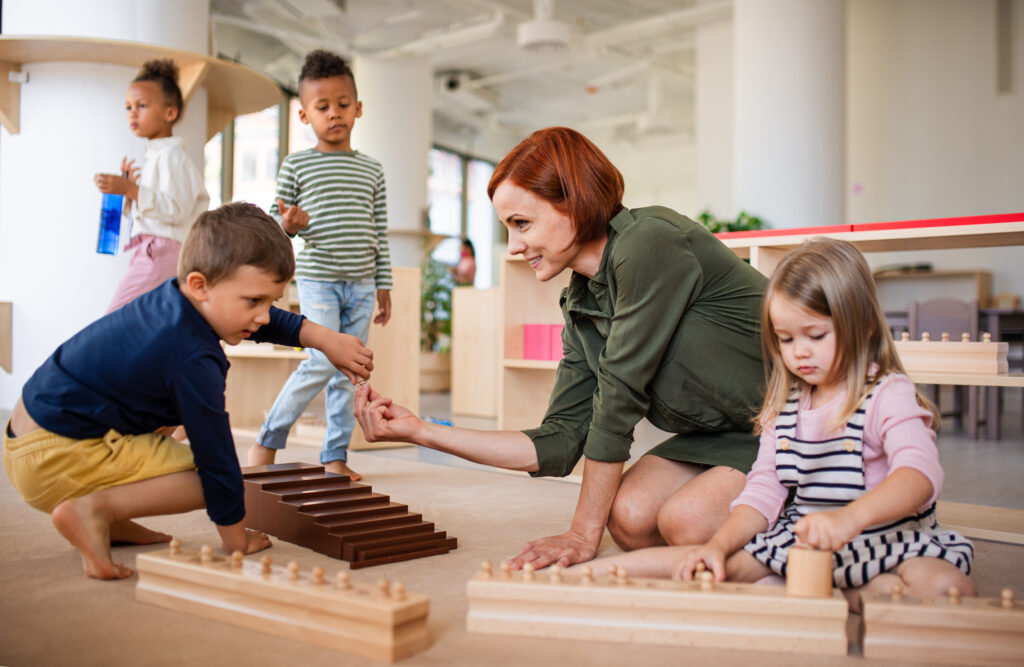EARLY YEAR EDUCATION: THE SCIENCE
When I and TheRoyStory started working on the content for Eduqation, we decided to begin from the very basics of a child’s learning journey. So I started looking into the importance of a child’s early education. During my research, I was fascinated with one quote, which is open up a new horizon for me and compells me to write on the science behind the Early years & its importance in a child’s future growth.
In the first few years of life, more than one million neural connections are formed each second – a pace never repeated again.
Early childhood development | UNICEF. https://www.unicef.org/early-childhood-development
Please let us know in the comment sections if you were aware of this fact, as I am sure it is an eye-opener for many other readers and me. So I started exploring more on this and found much interesting research on this topic. It can be better represents with the below image of Human Brain Development, which showcase why early year education is essential for a child’s development and acts as a foundation for their growth.

Decoding the above image
It shows that while Neural Connections for Vision and Hearing start developing the day we are born, astonishingly, Neural Connections for Language learning capabilities and Higher Cognitive Functions begin even before a child is born. They are at their peak in the early years of a child’s growth, which gives us a fascinating insight into a child’s brain development and how we can best nurture it at a young age to unlock its highest potential. Thus, multiple science-driven inputs at this stage can profoundly impact a child’s journey of connecting all the sensory tracks of vision, hearing, language, and all the higher cognitive functions.
We all have seen how a child tries to express themselves by crying or babbling and with facial expressions and gesture, and we adult revert to them with vocals & gesturing back. But if there is a disconnect in our responses and motions, the child’s brain can understand there is a disconnect and responds accordingly. Thus, investing in the development of children during the period 0 to 5 years is crucial to turn them into well-balanced adults ready to take on the world. Let us now dig deeper into how Early Years Education/Early Childhood Education can shape these crucial early years and how we, parents and educators, can contribute to making them intellectually stimulating.
What is Early Childhood Education?
Early Childhood Education, or ECE, is commonly known as a stream of education that relates to the formal and informal teaching of children from birth to the age of eight. The ECE aids a child in discovering their sense of self, which helps them to differentiate between themselves and others. But while nothing can beat the love and attention given to a child by their parents, research has shown that early childhood education programs not only encourage a passion for learning but also instill good habits that last a lifetime. The power of early year education is immense, with many benefits such as better social skills, increased confidence levels, greater coordination, creativity, and increased confidence levels.

Research has shown that learning through play is very stimulating for a kid and keeps the child engaged and connected for extended periods. It can range from arranging simple and colorful building blocks that help develop logic, to dancing and running that increase coordination and flexibility. Thus, a child learns through their senses and by watching and copying people close to them.
A child doesn’t listen to you; they observe you!
It is crucial to provide a child with experiences that help them learn in multiple different ways. Activities that can keep your little ones engaged are numerous and so widespread that picking the right one for your child can be a big task. In the following topics on Early childhood education, we will dig deeper into the various activities that help a child have better social skills, increased confidence levels, greater coordination, creativity, and increased confidence levels.

